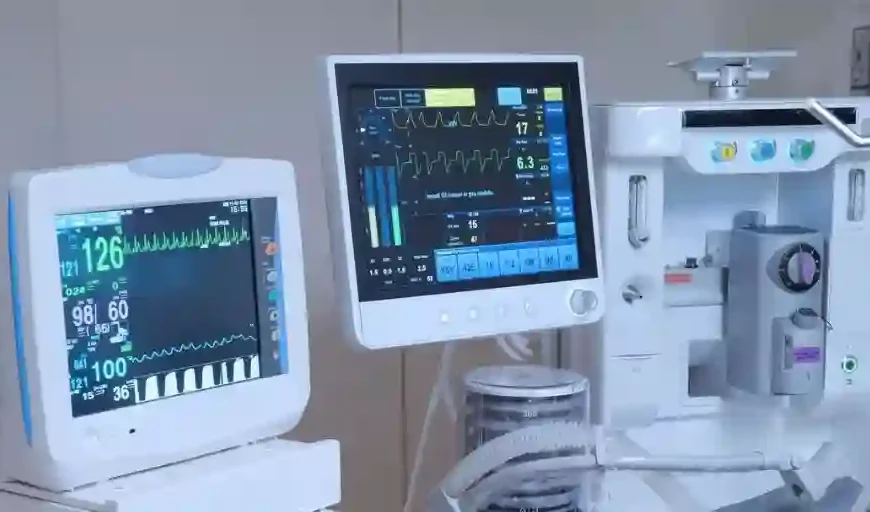Which innovations help hospitals remain as competitive as possible?
- Patient-Friendly Technologies
However, how a hospital uses technology to directly accommodate its patients is equally important. While health IT, surgical technology, and similar innovations help to shape reputation. Particularly eight technologies have a beneficial impact on a hospital’s reputation. These include wireless connectivity, self-register kiosks, bedside computer terminals, bedside medication verification, central scheduling, speech-assisted automated attendant systems, master patient index, bedside computer terminals, and online bill payment.
- Social Media
Hospitals should implement a social media strategy if they wish to communicate with and connect with the largest patient group feasible. Assessing a hospital’s readiness, testing with various social media tools and services, determining a direction, starting a dialogue, and keeping an eye on analytics to determine how a hospital’s presence is being accepted are all fundamental components of any social media strategy.
- Staffing Management Technology
According to Becker’s Hospital Review, staffing and labor costs can account for more than half of hospital expenses. Hospitals can use staffing management technologies to maintain optimal scheduling without compromising patient care in order to control those expenditures.
- Infection-Detection Technologies
The procalcitonin (PCT) test for a hospital’s sepsis program is an illustration of an infection detection tool. The test is a technique that can identify sepsis earlier, preventing unnecessary antibiotic use. In the long run, it will save money because hospitals will be able to control illnesses more successfully and discover infections earlier, saving money on pricey drugs.
- Hybrid Operating Rooms
According to Greg McIff, global director of strategic cardiovascular marketing for GE Healthcare, hybrid operating rooms now enable hospitals and their surgeons to make the most use of time and space. A surgeon or interventional expert can perform both open surgery and catheter-based minimally invasive procedures in a hybrid operating room (OR).
- Smartphones & Tablets
One of the largest cultural developments in the hospital setting, as well as society at large, over the past few years, has been the pervasiveness of smartphones, tablets, and their applications. They offer a plethora of knowledge for doctors and other practitioners, all at the tip of your fingers. Hospitals must be aware of smartphones and tablets, even though some may not directly supply them to their doctors and clinical personnel.
- Surgical Equipment
The technological “poster child” of surgical equipment, the robotic surgical system, like the da Vinci Surgical System, has enabled the widespread shift to minimally invasive operations. New grads are receiving training on it as they leave school. They are not in a position to give that grade of care if the technology is not at that level of complexity.
Another distinctive feature of the intraoperative MRI is that it is applied when removing brain tumors during surgery.
- Electronic Health Records
In recent years, electronic health records, or EHRs, have grown in importance within the healthcare sector, particularly as the sector places a greater emphasis on population health and preventative treatment.
- Tools for Telehealth
Hospitals are implementing a variety of technologies to stay competitive in the telehealth market, including bi-directional video feed, cameras, TVs, and wireless infrastructure. The capacity to serve patients right away while lowering the costs of an acute-care admission is the biggest benefit hospitals will receive from telehealth technologies.
- Ultrasound imaging devices
Over the past ten years, doctors, particularly those working in the emergency room, have gotten better at using ultrasound imaging equipment. In Bradenton, Florida, at Manatee Memorial Hospital and Lakewood Ranch Medical Center, emergency department physician Bob Hitchcock, MD, says hospitals are concerned about the equipment they use in the emergency room.










